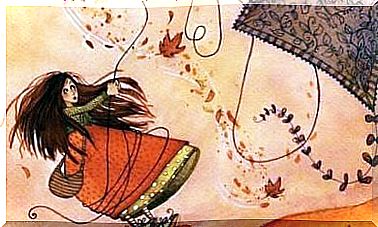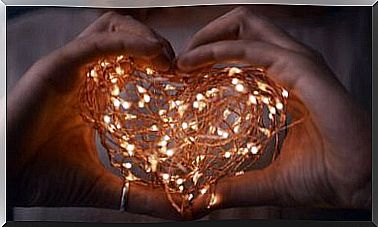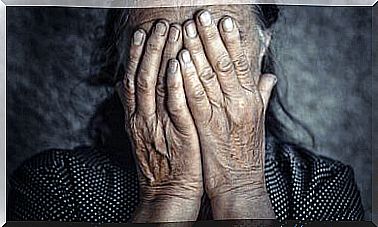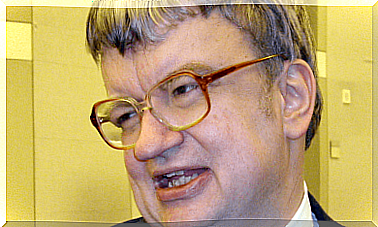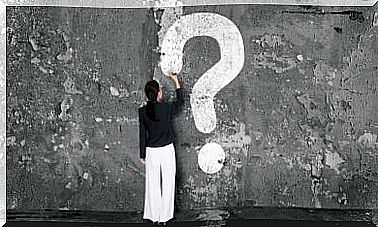Do You Know What Altered States Of Consciousness Are?

You may be wondering what altered states of consciousness are. Perhaps you have ever been curious to know what happens, for example, when someone goes into a coma or with patients who are in a vegetative state. There are several questions that we can ask ourselves in relation to these situations. Do you work with them? If so, under what conditions is this work done and what is it looking for? Think that we are talking about complicated situations in which helplessness and uncertainty can be major obstacles.
You can go into a coma for many reasons. Comas can have a traumatic origin, such as those caused in traffic accidents, or non-traumatic, as in cerebrovascular accidents (stroke, brain hemorrhages …) or some tumor lesions.
Coma is a state in which there is reduced consciousness, with a partial or complete loss of response to external stimuli. This implies that the patient is unable to interact adequately with these stimuli.
There are different degrees of altered states of consciousness
The pain that used to make me withdraw my hand from the object that produced it, now I don’t feel it and therefore I don’t remove it. I do not perceive the smell of burning, or my mother’s voice is as if I do not perceive it and do not react to it.
These are all examples we can think of. That is, there is a lack of reaction to exposure to external stimuli that under normal conditions would elicit it. However, there are different degrees to these altered states of consciousness. Grades that are measured on a scale called the Glasgow Scale.
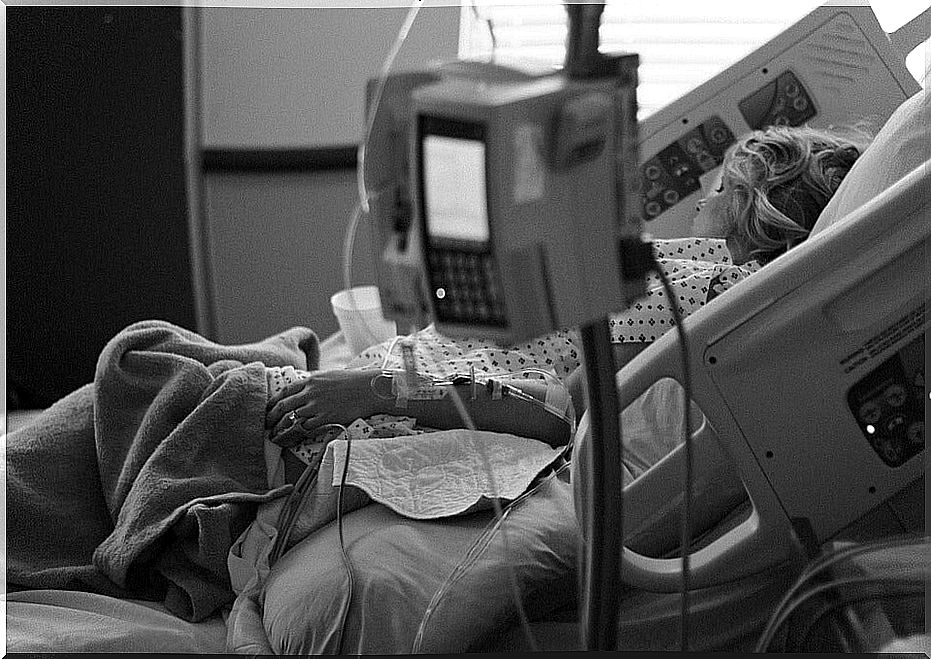
This scale takes into account the verbal and motor response and the opening of the eyes to calls and pain. Simple tests are carried out with the patient to observe how he reacts to certain external stimuli. This scale therefore assesses the degree of response of the individual.
Once these exercises have been done, the scores obtained are taken and we will have an index. This index tells us how much the patient is affected. If it does not respond to any stimulus, it is given the lowest score. If you answer all of them, it would imply that your level of consciousness is therefore not affected.
We need to rescue your attention at all costs
Once this is done, the indicated professional who has carried out the evaluation will have a mental map of how the patient’s situation is at a neurological level and will be able to intervene accordingly. If it has a minimum of attention we have to get hooked on it. You have to generate all the possible situations in which you use your attention.
People have five senses. Some more used than others. Sight, touch, smell, hearing and taste. Known are the cases of blind people who end up making extraordinary and very fine use of other senses. They have developed the rest of the senses in a masterful way to compensate for the one they lack.
In the cases of altered states of consciousness that we were making mention of, it is necessary to evaluate which senses are preserved and work with them. The sensory areas of our brain are activated when we receive external stimuli. Therefore we have to manage to activate these areas.
Stimuli that generate a reaction are sought
To activate these areas we need to stimulate the patient through the preserved stimuli. In addition, if we use stimuli that are familiar to the patient and that connect with something emotional for him, we will achieve something very important and fundamental, and that is that he can react more easily to them.
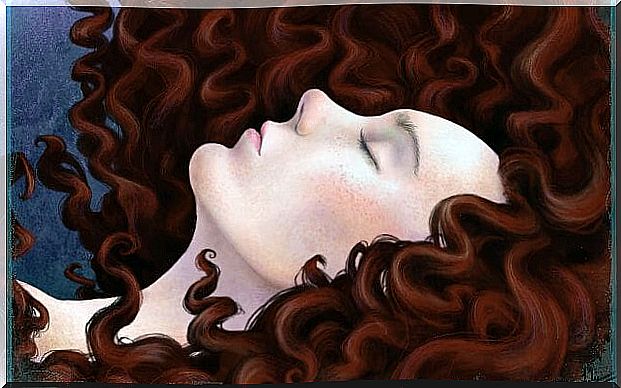
The reaction can be almost imperceptible, so the professional who works with this type of patient has to be patient and be very attentive to any change that occurs in their bodies as a reaction to the stimulation. From a slight movement of your index finger, to a subtle change in your pupils. Anything goes. Any change, absolutely, any change in your body is giving us information.
Once the specialist has verified that the stimulation of this sense evokes a response, his mission will be to insist on it. We do not want to get him to get used to this stimulus, we want to get him to always respond to the stimulus. Habituation would imply that the intensity of the reaction is attenuated, when what we want is for it to become more and more intense, a sign that brain activation is also intense.
The familiar and the emotional helps to regain consciousness
For this reason, you will have heard cases of people who had their relatives in this state, and they went to the hospital, and sitting near them, they sang their favorite song, or they brought them that cake that they liked so much with that characteristic smell, or they They carried that stuffed animal that they had since childhood and that they liked to caress so much.

It is essential, therefore, to resort to those elements to which we know that the patient used to react in a more significant way and, if we obtain a differentiated response, to go after it. As the lion goes after his prey. The professional has to pursue what helps his patient to generate answers. Whatever is. The patient will mark us what his rhythm and time are.
The work that is done with these people is hard because the changes that occur from one day to the next are small, but in the long run it is really rewarding since the ground that can be gained with stimulation, thanks to the plasticity of our brain , its alot. Thus, we want to send all the encouragement in the world to people who are in a recovery process, both to them and to their families, because based on insisting and insisting normally the results end up arriving.
We leave you a video that you will like. It does not have to do specifically with an altered state of consciousness, but it does give an idea of the terrain that can win faith in the disability that an accident produces.

